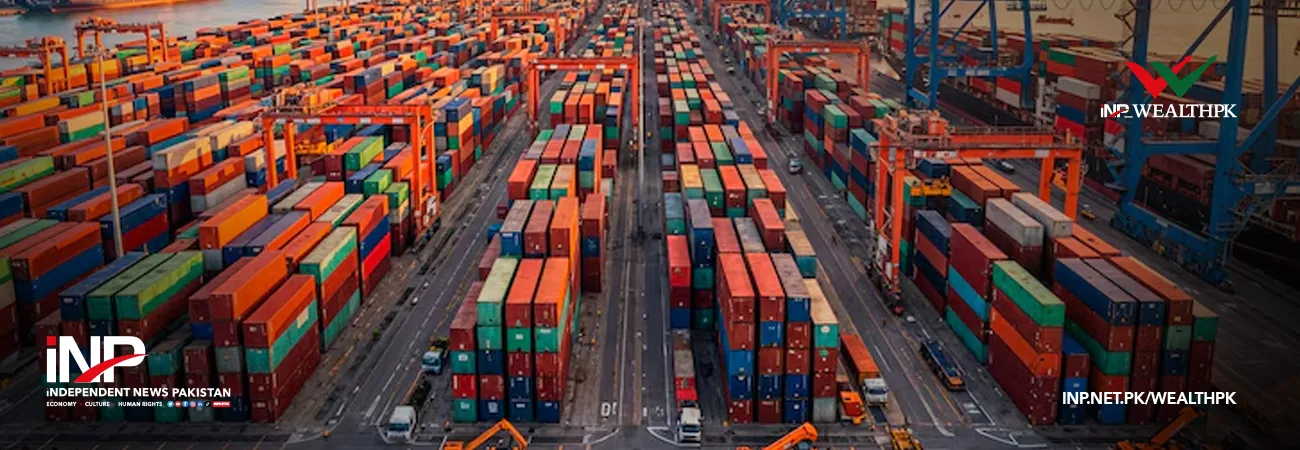INP-WealthPk
Amir Saeed
Persistent internet shutdowns in Pakistan are causing significant economic losses across sectors, including IT and freelancing, undermining investor confidence and threatening the country’s status as a growing tech hub.

Talking to WealthPK, Ahad Nazir, Associate Research Fellow at the Sustainable Development Policy Institute (SDPI), said the internet connectivity had become essential for economic activities, especially in a country where a large portion of the population depended on digital platforms for employment and business operations. “The local businesses that depend on digital tools have also faced severe declines in sales. The previous internet shutdowns have resulted in economic losses of millions of dollars daily, damaging the country’s reputation as a growing tech hub.
The loss of investor confidence and the inability to conduct business efficiently have compounded the fragile economic situation, pushing more individuals into unemployment.” The PIDE estimates that a 24-hour internet shutdown can result in losses of approximately PKR1.3 billion (around $15.6 million), which amounts to about 0.57% of the country’s daily GDP. In 2023 alone, these shutdowns led to an estimated total loss of PKR65 billion (approximately $237.6 million). He lamented that these disruptions were facilitating a brain-drain of talented individuals who were competing with the global professionals.
The inability of freelancers to maintain a reliable internet access diminishes their attractiveness to the international clients. Ahad pointed out that the telecom sector was particularly vulnerable, with about 70% of its revenue derived from data services. This dependency has led to a staggering drop in revenue for the telecom companies due to the reduced traffic. The focus on revenue generation through spectrum auctions rather than improving service quality is seen as detrimental to long-term growth and investment in infrastructure.
Talking to WealthPK, Anees Amin, Chairman of the Gilgit Baltistan Software House Association (GBSHA), added that the government’s decision to implement firewalls and restrict access to the social media platforms had sparked widespread concern among the industry leaders. “While some may view these measures as necessary for national security, they ultimately hinder economic progress. Broad restrictions often push consumers toward VPNs, which consume even more bandwidth and exacerbate the existing connectivity issues.”
He pointed out that the repercussions of these actions extended beyond immediate financial losses, threatening to erode the investor confidence in the country’s digital landscape. The digital economy has been a significant contributor to the GDP growth, with technology exports surging by 143% between 2018 and 2023. However, if the current trends continue, projections that the digital economy could reach $60 billion by 2030 may be unattainable. The PIDE associate research fellow lamented that the ongoing decline in digital infrastructure had ramifications for various sectors depending on reliable internet access.
Freelancers, small traders, and IT companies are experiencing substantial losses daily due to the slow internet speeds and outages. He warned that the overall productivity loss could exceed a billion dollars annually if these disruptions persist. “Moreover, the aspirations to transform Pakistan into an IT hub are being jeopardized. The government’s promises to introduce PayPal and achieve widespread 5G penetration seem increasingly distant as basic services like 4G become scarce. Without a robust digital framework, the ambition to boost the IT exports from $2-3 billion to $15 billion appears unrealistic.”
Credit: INP-WealthPk













